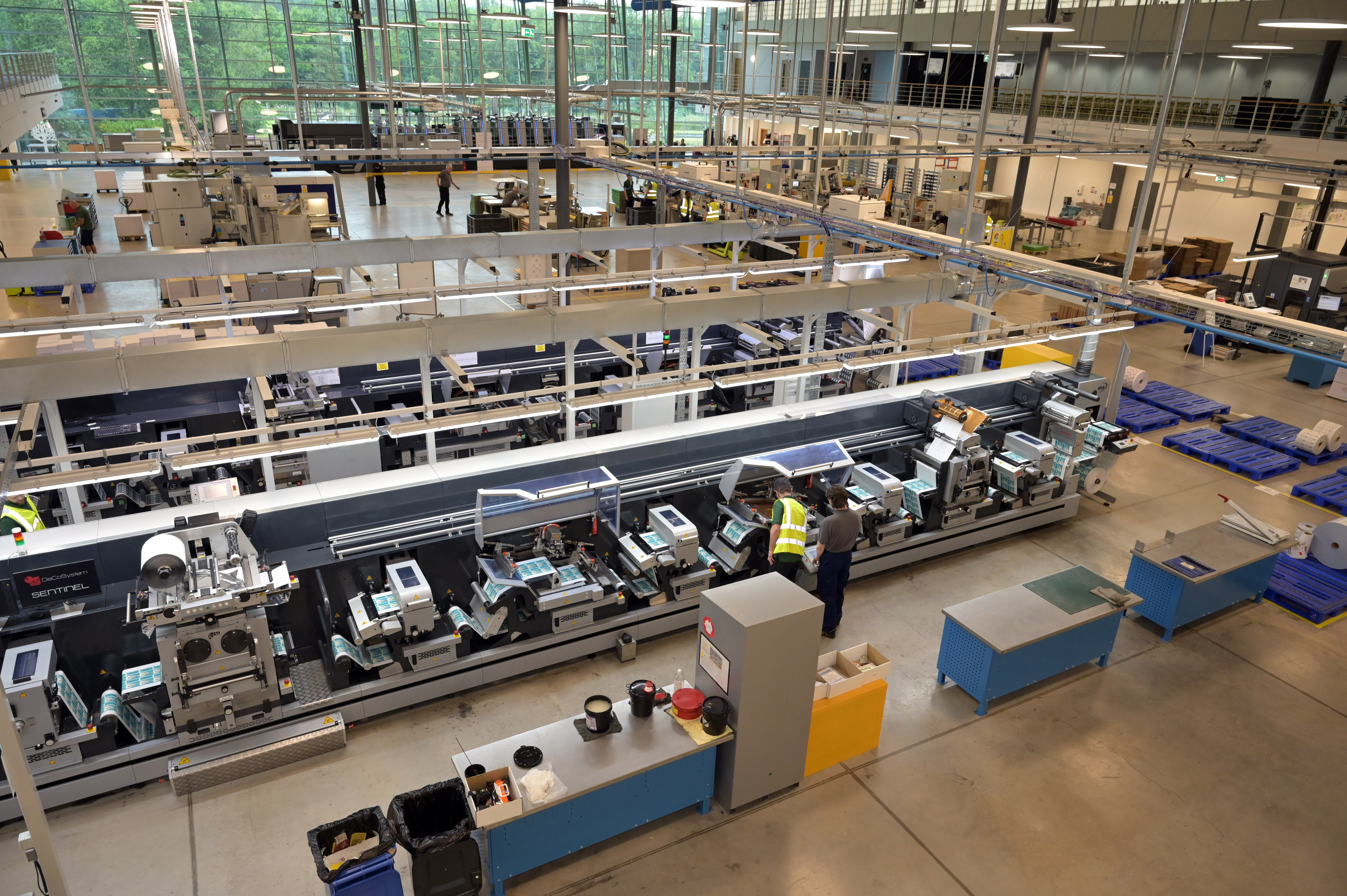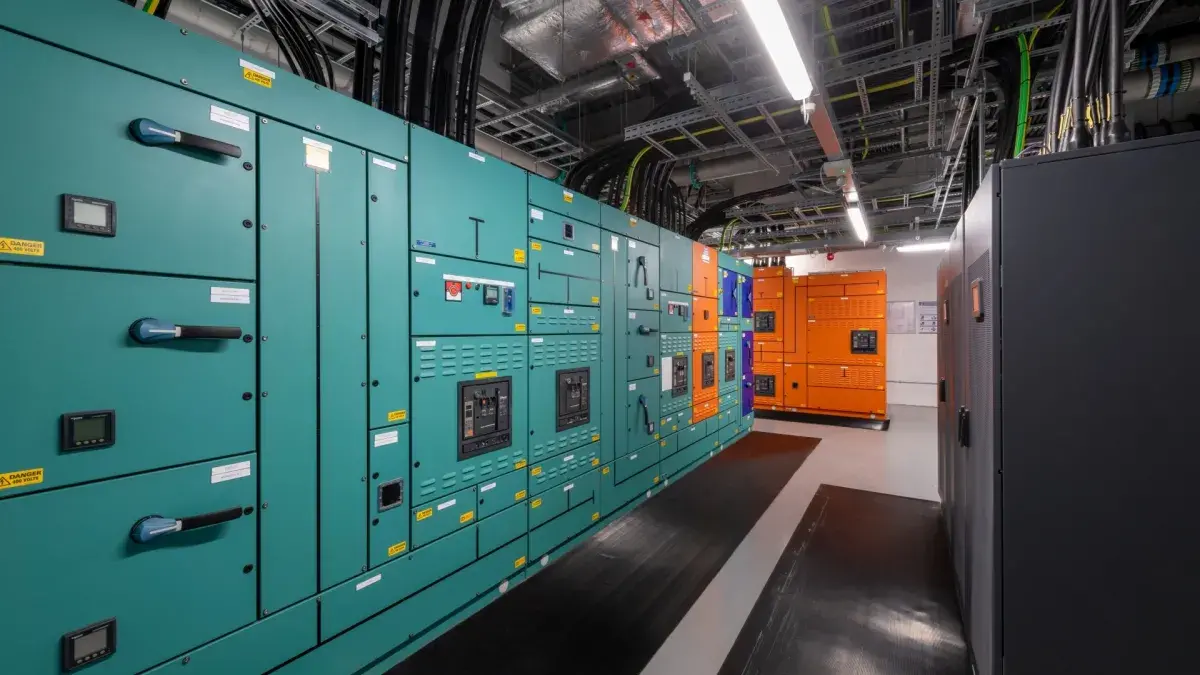
In the 1960s, a Northern Irish physician named Dr. James Francis Pantridge changed the course of emergency medicine. Recognizing countless lives were lost to sudden cardiac arrest before patients could reach a hospital, he pioneered the portable defibrillator, an innovation allowing life-saving treatment to be placed directly into the hands of first responders. His invention transformed global healthcare, creating a future where immediate intervention could mean the difference between life and death.
Today, we stand at a similar turning point in medicine. This time in the realm of surgery and medical implants. Imagine a world where every medical procedure is tailored to the individual. Where surgeons work with precise, patient-specific models that eliminate guesswork. This isn’t the future; it’s happening now thanks to companies like Axial3D.

Born in Northern Ireland, this pioneering company harnesses the power of AI-driven 3D modeling. By reconstructing traditional MRI and CT scans into highly accurate, personalized 3D models, Axial3D is advancing medical imaging, reshaping the industry. The company empowers surgeons to offer treatments that are as unique as the patients receiving them. Roger Johnston, Axial3D’s CEO stated, “Traditional methods rely on generic anatomical sizes, which don’t always fit the needs of every patient. Axial3D provides medical device companies with the tools to deliver fully customized solutions at scale, ensuring heart valve placements, joint replacements, stent fittings, and more are designed with precision for each individual. By enabling patient-specific planning and device optimization, we help medtech innovators bring next-level personalization to surgical care. Without this it is a bit like buying an off-the-rack suit, choosing between a size 42 or 44, rather than having one perfectly tailored for you on Savile Row. Instead of relying on surgeon preference, intuition, or experience, which while valuable, are not mathematically precise, our technology provides data-driven accuracy. Resulting in more successful surgeries, faster recovery times, and precision that can be life-changing.”
The impact of these advancements cannot be overstated. With automation and AI, these solutions are now scalable. By partnering with major medical device manufacturers and imaging companies, including industry giants like GE HealthCare, Axial3D is making 3D imaging the standard. The company aims to integrate its solutions into many medical procedures, encouraging hospitals and healthcare providers to leverage the full potential of 3D technology. Now, hospitals of any size or location can deliver the same level of precision and care as world-renowned medical centers.
The future of orthopedics, cardiology, and beyond is not one-size-fits-all; it is patient-specific. Just as Pantridge’s defibrillator reshaped emergency care, patient-specific solutions are driving precision medicine.


























